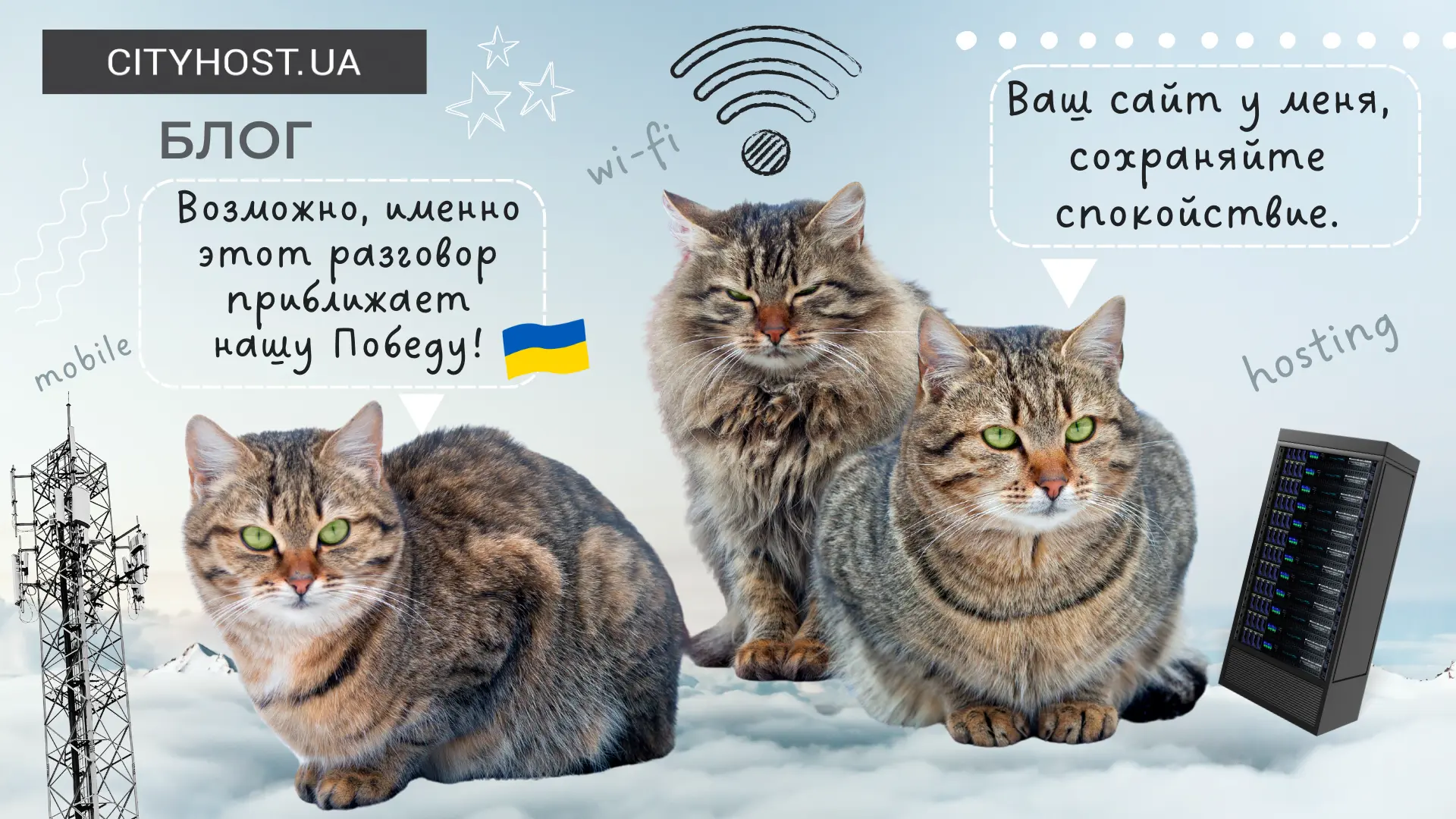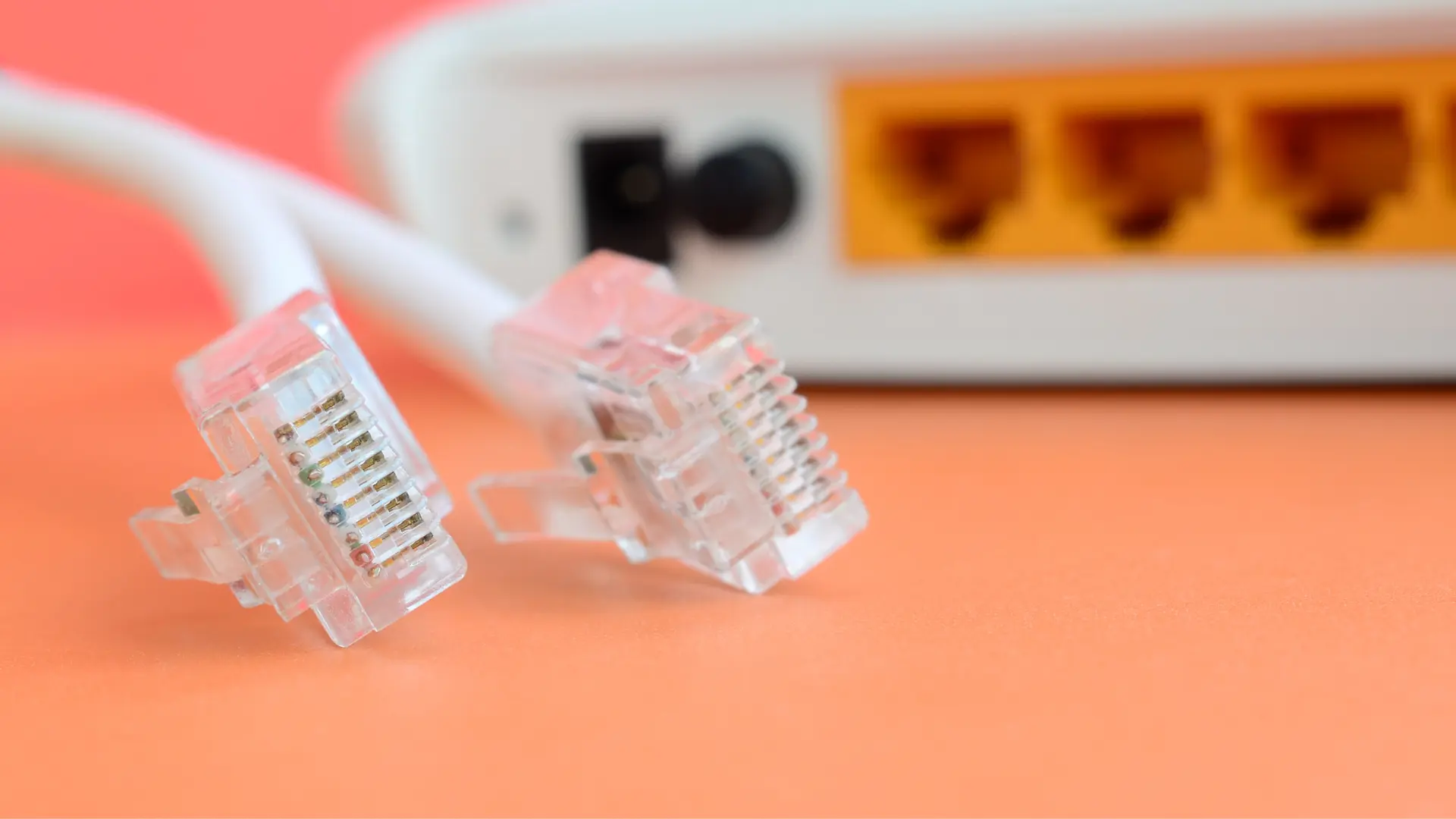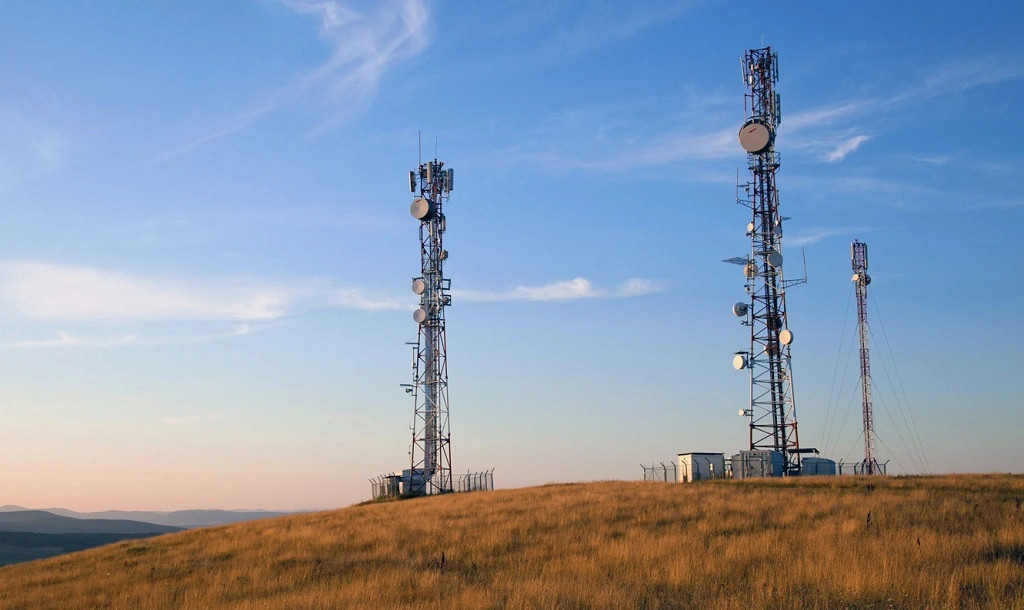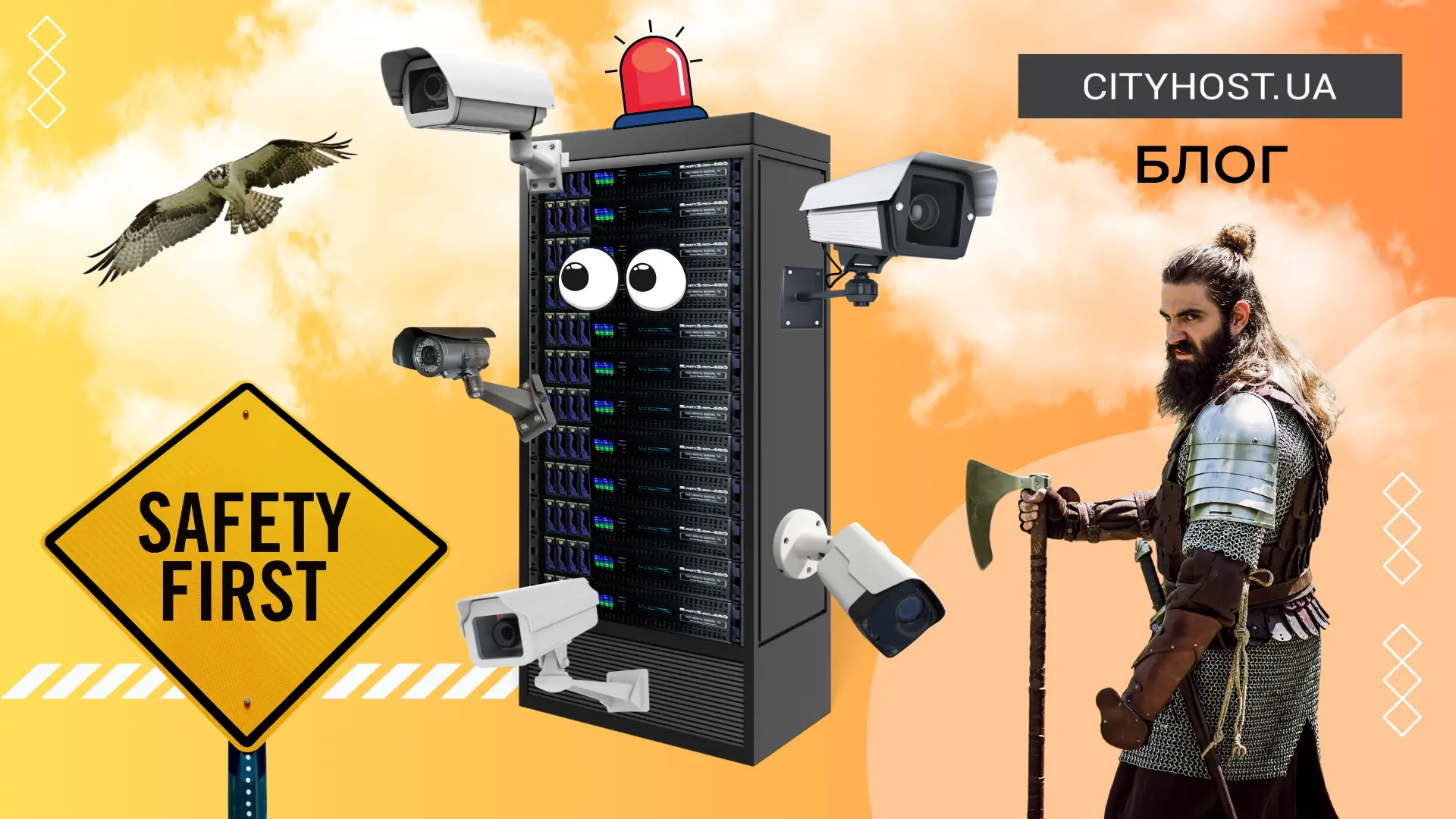
A hosting provider is the master of servers, domains and sites
The Internet provider is the one that gives you Wi-Fi at home
The mobile provider provides communication and Internet to your phone
People often mistakenly assume that ISPs are only those that provide access to the Internet. But it is not quite so. This is done by Internet providers who run cables to your home modem or computer.
In addition to them, there are also hosting providers that provide hosting for sites and servers for rent, as well as mobile providers that provide communication for our smartphones. All three directions have a common global goal — to provide people with access to communication and information using communication and IT technologies. But each of the three providers has its own specifics of work. Therefore, let's understand what a provider is and what is the difference between them.
What does a provider mean?
A provider in English is a company that provides services. This term comes from the word provide, which translates as "provide, supply". Therefore, in English-speaking countries, any company or even a person who provides services to customers can be called a provider.
In our country, this word is used in a much narrower sense, and providers are usually called companies that provide communication and Internet services.
A hosting provider is the master of servers, domains and sites
A hosting provider is a company that ensures the operation of websites. Such a provider rents a certain amount of server resources for data storage. Each site is a collection of files stored on servers. Every time someone visits the site, the server receives a request from the user, generates a response and returns it to the user.
It is on such servers that the hosting provider sells "usable area". Among the most popular services provided by such companies are virtual hosting, VPS server , dedicated server and cloud hosting (server).

This is what the data center looks like from the inside. Such servers can be used for various purposes, including hosting a website.
Read also: Placing a website on the Internet - what services to buy and how much they cost
The hosting provider necessarily needs the Internet to work, that is, it always uses the services of Internet providers, but does not connect users to the network itself.
Good hosting providers are distinguished by the following features:
Have their own data centers or cooperate with such centers in different countries where they host their servers;
Guarantee fast response of servers and smooth operation;
Provide round-the-clock technical support;
Use equipment and components from proven suppliers;
They monitor the constant updating of servers and software.
Also, many hosting providers take on the authority of domain name registrars, because it is more convenient for their customers. Ukrainian hosting providers operate on our market, providing a full range of high-quality services with high technical parameters. So we can safely say that in this case it is worth choosing a domestic company, because they are focused on the needs of local webmasters, offer clear control panels and the ability to communicate with technical support in Ukrainian.
Read also: What is image hosting and how does it differ from photo stock
The Internet provider is the one that gives you Wi-Fi at home
An Internet provider is a company that connects people to the Internet. The provision of the Internet to ordinary users became possible thanks to fiber-optic communication cables laid on the bottom of the ocean. These cables account for 99% of international data transmission. They connect continents and islands. There are not many companies that own the entire Internet and these cable trunks. These are Tier-1 providers. The largest representatives of the Tier-1 segment are the companies Level3, Global Crossing, Telefonica.
The Internet reaches ordinary users through a chain link:
Tier-1 providers sell Internet traffic to Tier-2 providers. Usually these are providers that work in a specific region or country.
Tier-2s sell traffic further to Tier-3 providers and below. It is precisely from these providers that users buy Internet. Anyone can become a provider of the third or lower level, for this you need to issue a license, buy equipment and order the traffic itself from Tier-2.
Internet providers may have narrower specializations:
Cable TV providers: Internet access is provided to users through coaxial cables that are already installed in homes for cable TV.
DSL Providers: Internet is delivered over existing telephone lines.
Wireless providers: cellular networks are used to transmit access to the Internet (these are exactly the mobile providers that we will talk about below).
Fiber optic providers: Fiber optic cables are used to provide Internet access. They offer the fastest speeds available.
Many Internet Service Providers (ISPs) offer bundled services that combine Internet access, television, and telephone services. However, their main function remains high-quality, fast connection of subscribers to the World Wide Web.

These are the usual cable internet cords that we connect to a modem or computer
A good internet provider is distinguished by the following criteria:
The connection speed corresponds to the promised speed in the tariff;
The coverage area provides access to the Internet in remote areas;
The quality corresponds to the price category;
The support service is always in touch and promptly resolves all issues.
Read also: What is site traffic, how to find it and why to control it
The mobile provider provides communication and Internet to your phone
A mobile provider is a company that provides cellular services for the mobile phones of its subscribers.

Mobile communication tower
The peculiarity of cellular communication is that the coverage area is determined by the coverage areas of base stations (radio towers). Tower zones partially overlap each other, thus forming a cellular network.
On a perfectly flat surface, the coverage area of the base station looks like a circle, so the network made up of them looks like hexagonal areas. The mobile provider ensures the operation of these towers and access to the communication of its users.
Among the services of the mobile provider:
Voice call;
Answering machine;
Roaming;
AVN (Automatic number identifier);
Receiving and sending SMS;
Reception and transmission of MMS multimedia messages;
Cellular Internet, etc.
The services of mobile operators have recently expanded significantly. Often, they can combine the functions of several types of providers, for example, simultaneously providing mobile communication, cellular and home Internet, television services, etc. For example, as the Ukrainian company "Kyivstar".
A good mobile provider provides:
coverage area, not only in cities, but also in villages and on roads;
fast mobile internet;
profitable service packages that cover various needs of ordinary users and businesses;
technical support.
Demand on the market for various types of providers is and will remain high. Internet providers are working to expand their coverage and attract more subscribers in those parts of the globe where people do not have access to the Internet.
More and more customers are turning to hosting providers, because the demand for web resources is only growing.
Meanwhile, modern mobile Internet competes with traditional cable Internet providers and often wins when it comes to areas where it is difficult to lay cables.
Elon Musk's Starlink also entered the market, which provides satellite Internet and can also cover the communication needs of residents of areas not served by conventional providers. So far, however, Starlink is not a competitor for Tier-1 or lower-tier companies.
Considering all this, in the future we should expect the development of technologies, an increase in the number of providers and the expansion of Internet coverage.








